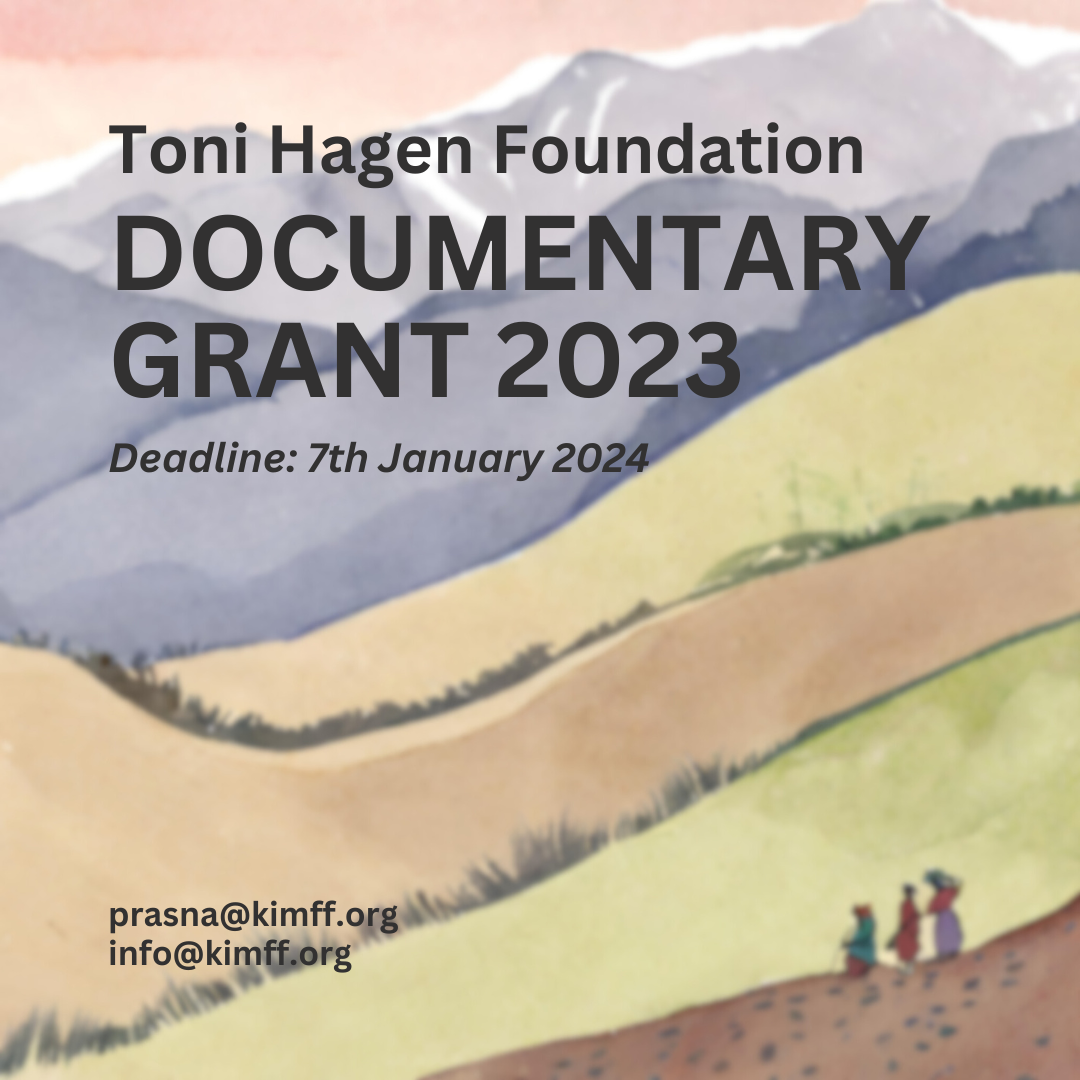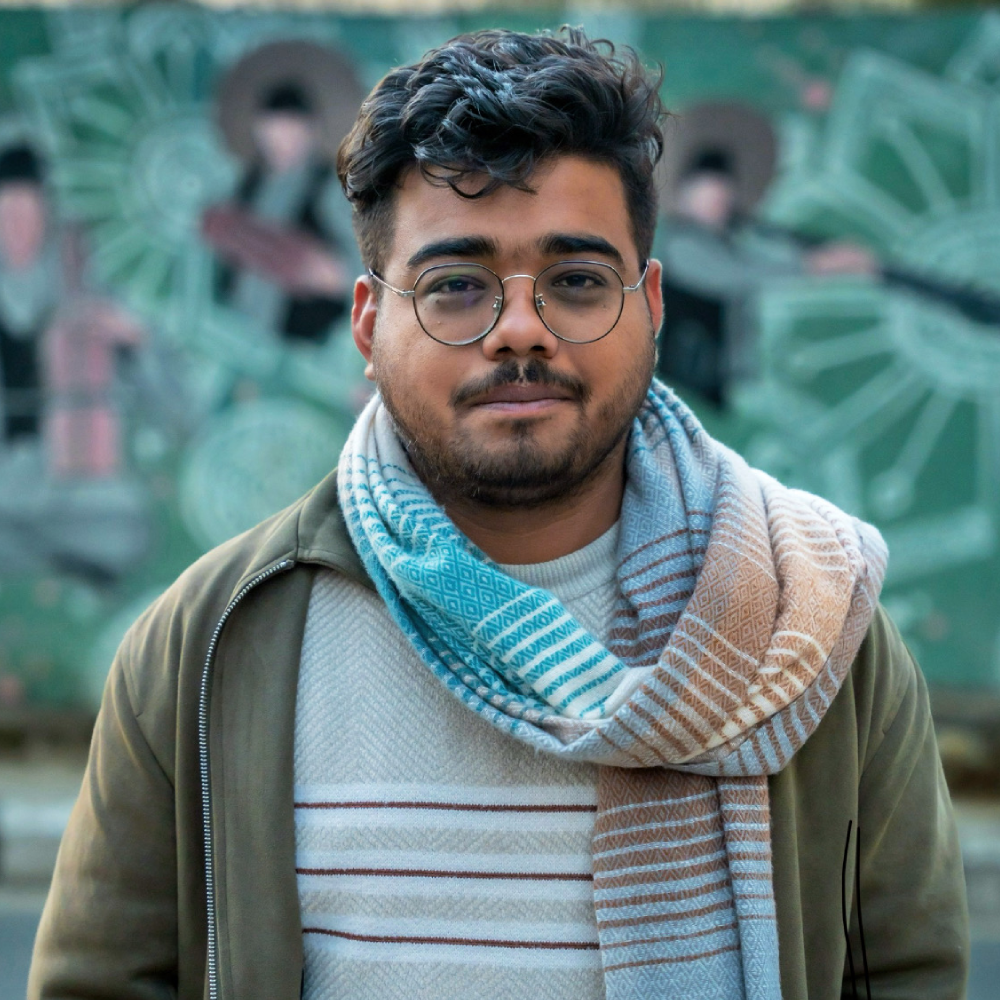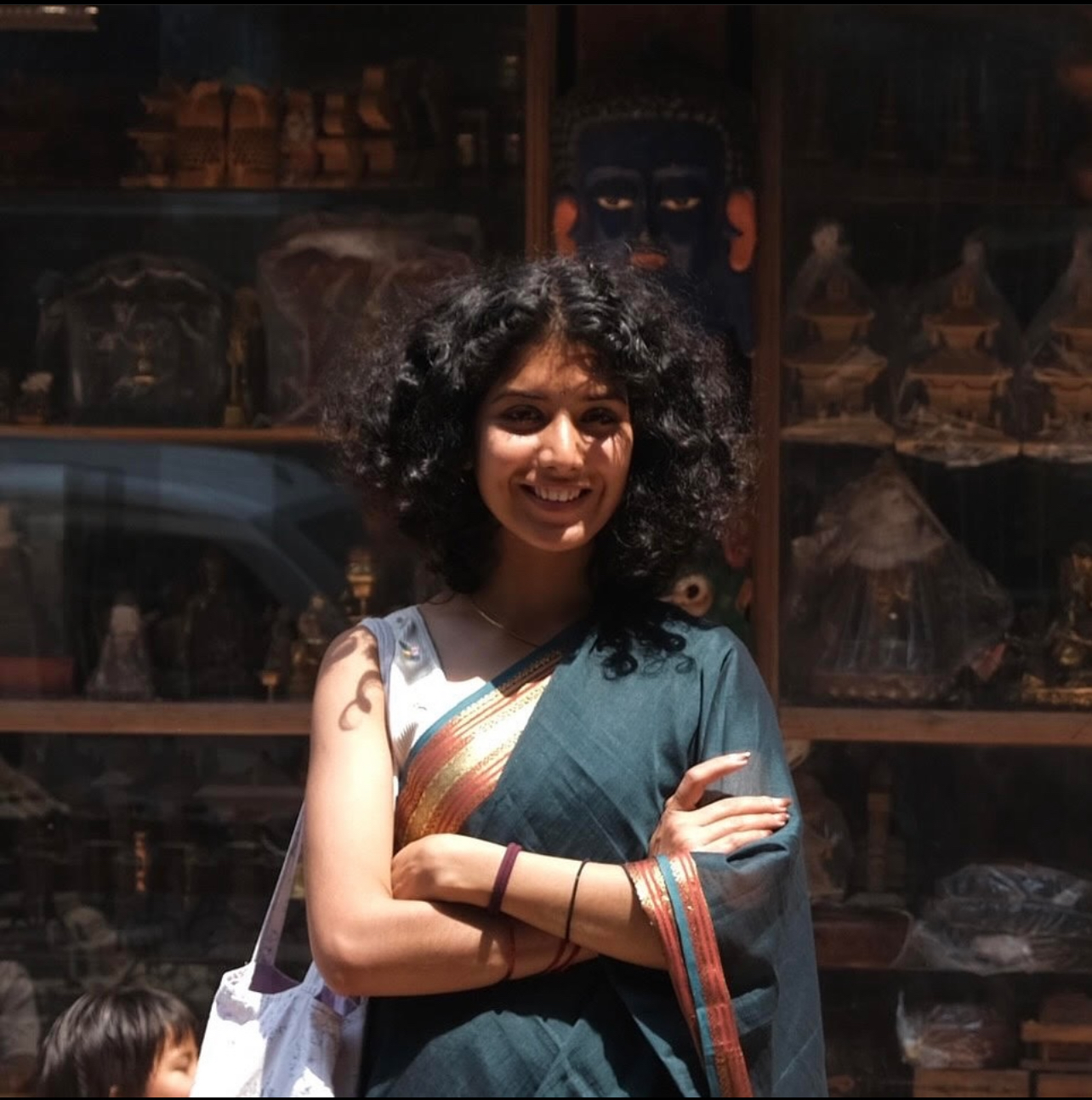WINNER LIST ANNOUNCED!
Toni Hagen Foundation Documentary Grant
Toni Hagen Foundation is offering grants of Rs.2,00,000 each for three film projects by young Nepali filmmakers. The grant will be awarded to filmmakers with an excellent concept for short, creative and thoughtful documentaries that provide an insight into Nepali society, socio-cultural issues, peoples, places, culture, history and development – and embrace issues that are pertinent to the Nepali public.
The film should portray the social and cultural aspects of Nepali society that encompass the environment, geography, ethnography and so on.
Toni Hagen Foundation Documentary Grant 2023 Winners
Eligibility and Criterion for submission
Selection Committee looks for
Important dates and deadlines
| Jan 7 | Deadline for submission of concept note |
| Feb 4 | Announcement of Grant Finalists |
| Feb/ March | Pre-production/ production/ post-production of film project which will run parallel to discussions/ feedback/ mentoring sessions by kimff Doc lab team |
| April 28 | Deadline for a rough cut of the film |
| May 17 | Deadline for final submission |
The selected projects will receive mentoring and feedback sessions throughout their production phase and also technical support if needed.
Top three films will be screened at kimff 2024 happening on 29 May – 2 June.
Note: In case of any difficulty in submission of this application due to disability or language barrier, please feel free to write to the following e-mail addresses:
[email protected] | [email protected]
For more information contact:
Kathmandu International Mountain Film Festival (kimff)
540 Lazimpat, Narayan Gopal Sadak
Kathmandu-2, Nepal
Tel: +977- 1- 4440635 | Fax: +977-1-4001596E
Mail: [email protected]
About Organizer: Kimff Foundation
The kimff Foundation is a private, non-for-profit sharing company dedicated to cultivating an informed, dynamic and resilient Nepali society through the power of stories. We do this by exhibiting, funding and producing works in film, media arts and digital media. As a vehicle for educational, humanitarian, and cultural exchange, we present authentic stories about the rich diversity of Nepal to a wide audience through these mediums.
Since the year 2000, kimff has brought an eclectic mix of films from around the world focusing on mountain communities and cultures to Nepali audiences. It has screened hundreds of films and organized discussions on the state of the mountains and their societies – issues ranging from the political determination of mountain communities, to the emergence of identity politics in adventure sports all the way to the effects of climate change on mountainous regions.
About Toni Hagen Foundation
The Toni Hagen Foundation was set up in honour of the Swiss geologist and development philosopher Toni Hagen (1917-2003). Over the course of the 1950s and 60s, first as a Swiss development official and later as a United Nations expert, Toni Hagen trekked through a largely uncharted Nepal and wrote about its history, people, geography and economy of what till then was still a largely “forbidden” kingdom. He introduced Nepal to the world and to Nepalis.
The Foundation supports the publication and production of content and activities to enhance the knowledge base of the Himalayan region among young Nepalis. This grant supports documentary film production. The first group of films produced under the Toni Hagen Documentary Grant are “Blues of Pink” by Grishma Giri, “Chitrapuri Nagar” by Rajeela Shrestha, and “Gaine” by Pradeep Dhakal who was awarded the Best Student Film in Film South Asia (FSA) 2022.
The second batch of films comprises “The Cremator” by Nishon Shakya, “Saparu (A Celebration of Death)” by Aditya Khadka and “Lahureni (Gurkha Girl)” by Bishal Roka Magar which won the Best National Documentary Film Award at Nepal International Film Festival (NIFF) 2022 and The Tareque Masud Award for Best Debut Film at Film South Asia (FSA) 2022.
The third batch of films were “I Wanted to be like Madhuri Dixit” by Ankit Manandhar Khadgi, “Bearer of Glass Beads” by Pratibha Pant, “Where Water Hyacinths Grow” by Aishwarya Baidar.
Similarly, the fourth batch films were “Legacy” by Norbu Punel which was screened at kimff 2022. The three films “Wagging Tale” by Samagra Shah, “Radio Udaypur” by Pushpa Joshi, and “Colorful in White” by Aditya Chaudhary are yet to be screened. All grant projects are screened at kimff after their completion.
Top three films will be screened at kimff 2024 happening on 29 May – 2 June.
Previous Toni Hagen Grant Winners
Toni Hagen Grantee 2022:
Bearer of Glass Beads
14 min | Nepal | 2022
This documentary examines glass bead culture in Nepal, the journey of beads from the Czech Republic to Nepal, their cultural and religious significance, and the role of Muslim men in turning beads into an auspicious ornament for Hindu women. It is somewhat ironic that women are prohibited from making an ornament that is primarily for them. What does the future of glass beads look like, given evolving fashions and the changing nature of faith among the younger generation? Bearer of Glass Beads explores the perspectives of old and young glass bead makers as well as women producer and examines the artefact through the lenses of generation and gender with a poetic touch. The beads tell their story and help personify the underlying main character as she understands her destiny and what comes next.
Filmmaker:

Pratibha Pant
Pratibha Pant is an art enthusiast, creative writer, and visual storytelling. She draws het inspiration from people, nature, and the mundane everyday. Pant has a degree in development studies and uses media and art to bring diverse ideas, especially about social issues, into the domain of filmmaking. She has been audiovisuals since 2019 and makes her directorial debut with two documentaries this year.
Legacy
13 min | Nepal | 2022
Rinzin Dolma, a Buddhist nun, tells us about her history: her life and beliefs and how she came to be a nun. As she ages and her health is not what it once was, she starts to think about who will look after her. Her belief is shaken when she considers the challenges of finding someone to come to such an isolated place to look after her. How will Rinzin Dolma’s fears and hopes be reconciled?
Filmmaker:
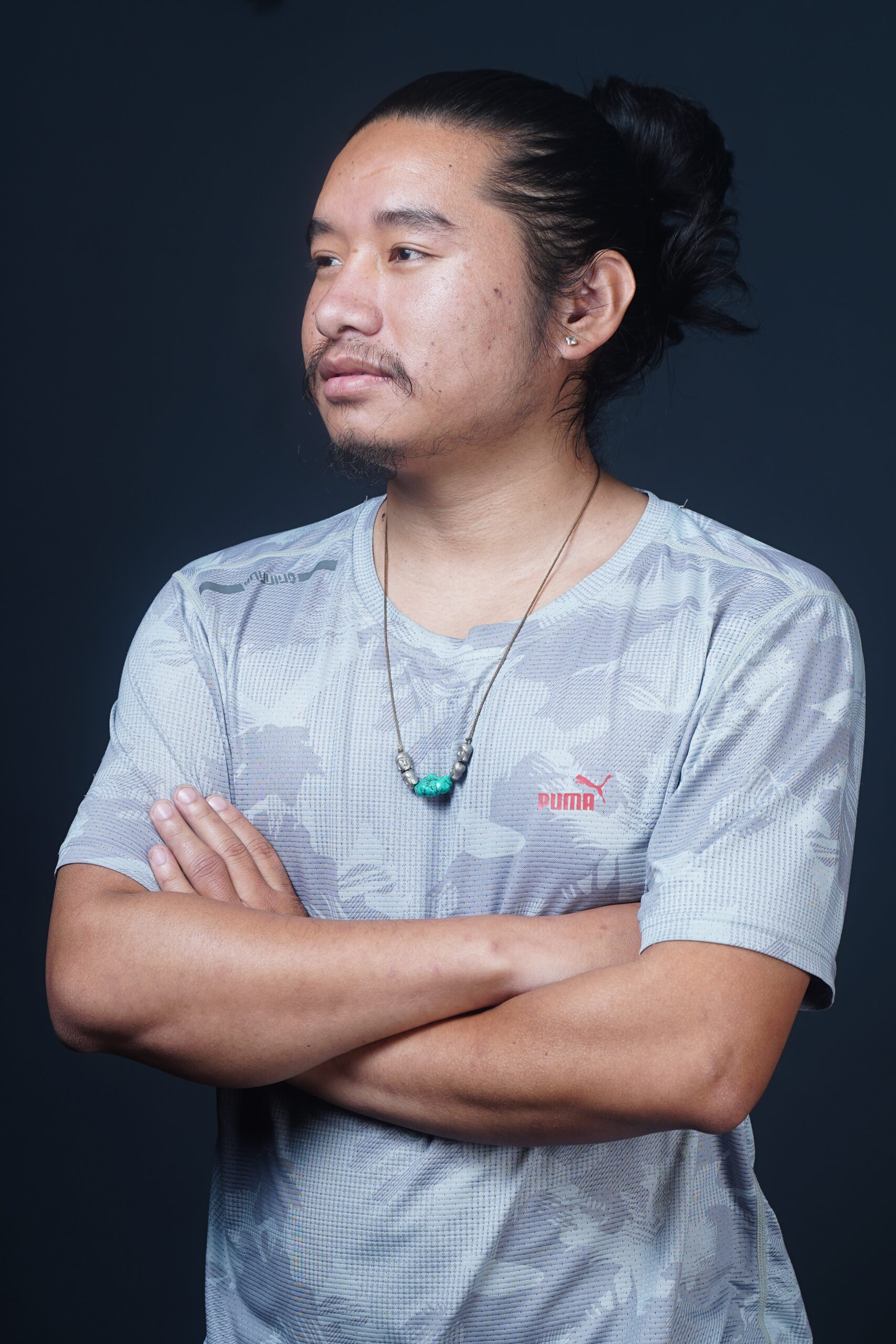
Norbu Punel
Norbu Punel is originally from Manang and now lives in Kathmandu, where he is studying filmmaking with a specialization in film and direction and scriptwriting, Norby Punel is a Buddhist and also speaks Tibetan, in addition to his mother tongue, the Gyalsumbo language.
Where Water Hyacinths Grow
14 min 19 sec | Nepal | 2022
The woman of the Sardar tribe, clad in culturally unique tattoos, reside in Koshi Tappu, a protected wetland in Nepal’s eastern Tarai. Their traditional society is rife with poverty, inequality, and illiteracy for girls. However, their heritage of weaving has been integral to uplifting them. When Sardar women clear out water hyacinth infestations and repurpose them to weave and sell mats, they not only help the ecosystem of Koshi Tappu also earn financial independence. Dharma Devi Sardar is an iconoclast amongst her tribeswomen in this regard, fighting against conservative societal pressures to and many Sardar women like her coexist and grow together with water hyacinths.
Filmmaker:

Aishwarya Baidar
Aishwarya Baidar is a media graduate and writer based in Lalitpur, Nepal. She is an aspiring journalist, with work published in The Record Nepal and Republica.
Toni Hagen Grantee 2021:
I Wanted To Be Like Madhuri Dixit
20 min | Nepal| 2021
A journey of a journalist who embraces his femininity and relives his childhood dream of becoming like Madhuri Dixit, a famous actress from Bollywood.
Filmmaker:

Ankit Khadgi
Ankit Khadgi is writer and journalist based in Kathmandu.
Lahureni (Gurkha Girl)
35 min | Nepal | 2021
Dilmaya, a young girl from the mountains of Nepal, wants to lift her family out of poverty. She hears news that Britain, which has traditionally recruited young Nepali men in its army for more than 200 years, will recruit Nepali young women in its Gurkha regiments. Dilmaya sees it as a once in a lifetime career opportunity, a chance to earn a lucrative salary in comparison to the average Nepali income. She travels to a nearby city, a day’s bus ride away from her village and joins a training center to prepare for the rigorous selection process. The training is tough and the girls work as hard as the boys. Dilmaya and a dozen other hopeful young girls devote themselves to training. At the same time, governments of Nepal and Britain negotiate for several years but do not reach an agreement about the recruitment of Nepali girls into the British Army. Dilmaya, who will soon cross the age limit for recruitment, fears that she might be ineligible to join Nepal’s national forces as well.
Filmmaker:
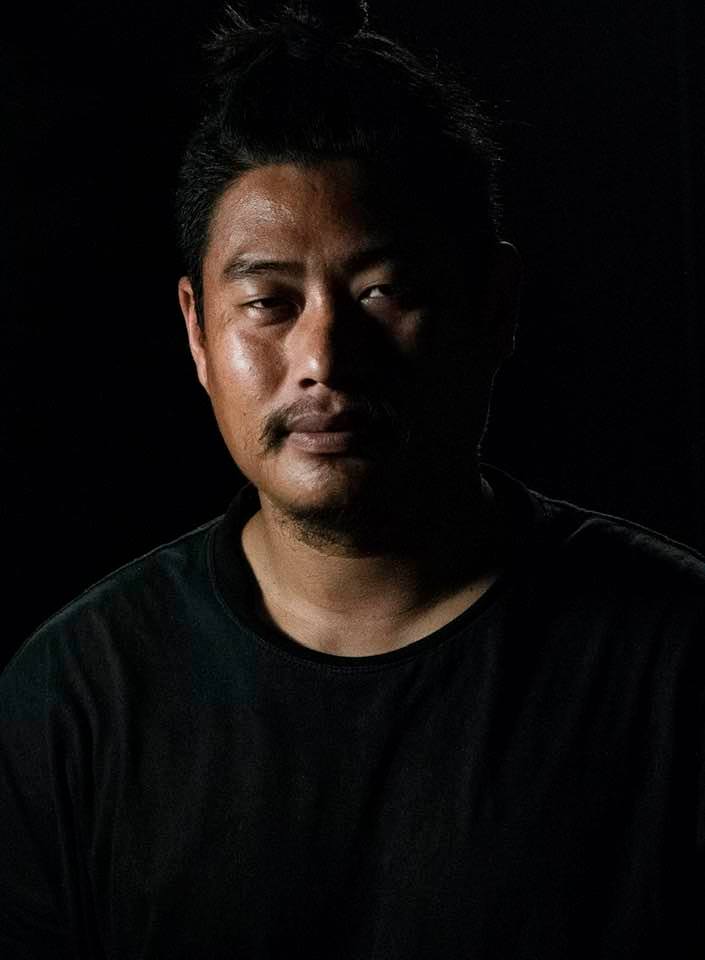
Bishal Magar
Bishal Magar is a trainer in a pre-Gurkha training center. In 2016 he had the opportunity to learn the fundamentals of cinema through a short filmmaking course in Kathmandu. The following year, he earned a diploma Dov Simons’s Cinema Director and Film production program. Magar has written and directed a few short films, and Lahureni is his first documentary short
Saparu (A Celebration of Death)
15 min | Nepal | 2021
The Newari community of Bhaktapur holds the annual Gai Jatra procession. That those who have lost a family member participate in. Saparu reflects on how the grief faced by a family is challenged by the celebratory nature of this practice.
Filmmaker:

Aditya Khadka
Aditya Khadka, 20, is a screenwriter and director based in Nepal. He has produced development communication audio-visual content and worked as a documentary screenwriter-director in Nepal, Myanmar, and Kenya. He made his first short film at the age of 13, making him the youngest Nepali documentary filmmaker. Khadka has won several awards, including third prize at KIMFF’s Seismic Shift Film Competition and second prize for the Best Youth-Produced Film at the Chicago International Children’s Film Festival when he was 16. He is currently enrolled at the Toronto Film School.
Toni Hagen Grantee 2020:
The Cremator
30 min | Nepal | 2020
Gyan Bahadur Acharya has been cremating the dead in the Bhasmeshwor Ghat of Pashupatinath Temple for three decades. Now in his seventies, he is the oldest cremator. He reflects on it all – wealth, religion, family, strength, the living and the dead. This documentary portrait of Gyan Bahadur attempts to unravel the knots in the time and experiences of the many years the cremator has spent by the blazing pyres.
Set against the backdrop of charred wood and smoke, the film is a triggering experience, a reflection of what death looks and smells like in the Ghats. Gyan Bahadur is a man of conflicting nature, all of which has made him come to accept death as it is. He reminds us of an inevitable fact of life – everyone ultimately dies.
Filmmaker:

Nishon Shakya
Nishon Shakya is a 22 year-old filmmaker, photographer and freelance content creator based in Kathmandu. He is currently pursuing his final year of undergraduate studies in Media Studies at Kathmandu University School of Arts, Nishon is actively involved in the visual arts, working closely with like-minded individuals in creating documentaries and short films. He enjoys exploring and discovering hidden stories around him, and meeting people, learning about them and their journeys in life.
Toni Hagen Grantees 2019:
Blues of Pink
30 min | Nepal | 2019
The Transgender communities of the Tarai are diverse and have a distinct historical and social context. Their culture and practices, their identity and their work all connect them to the rest of the society. Shot in Janakpur, this documentary provides showcases the spectrum of transgender lives: from the broken marriage to the understanding relationship, from the desire to raise a child to not being able to watch the child grow up, from giving blessings to thinking that one’s own life is a curse. In this society where people judge all our actions based on our gender, how are the actions of transgender people judged?
Filmmaker:

Grishma Giri
Grishma Giri recently graduated with a Bachelor’s degree in Arts and Social Work from Tribhuvan University. Since his hometown is Birgunj, he has always been interested in portraying issues related to the Madhes. Grishma is a recipient of the Toni Hagen Documentary Youth Grant 2019.
Chitrapuri Nagar
14 min | Nepal | 2019
A historical route trod for centuries by legions of travelers was suddenly abandoned after the construction of the Tribhuvan Highway. But the ancient village that was its hub, Chitrapuri Nagar, remains of great socio-cultural importance.
Filmmaker:
Rajeela Shrestha
Rajeela Shrestha is a freelance filmmaker and writer based in Kathmandu. Since 2014, she has explored the complexities of the world through short fiction films and documentaries that have been screened and won awards at national and international film festivals. Rajeela is a graduate of Oscar International College. Rajeela is a recipient of the Toni Hagen Documentary Youth Grant 2019.

Gaine
25 min | Nepal | 2019
Every day in the hills of Bhojpur, parshuram, an old Gandharva, works in his field. He had been a gainey, fated by his caste to become a travelling musician, wandering through villages and towns with his sarangi, spreading information through song. A journalist of the old school. Residing in the same village are other Gandharvas, who believe their role in the society has changed with the dawn of new media. Over time, many Gandharvas have migrated and found new ways to sustain themselves. Others, however, remain loyal to their caste, their occupation, and the music of their sarangi.
Filmmaker:
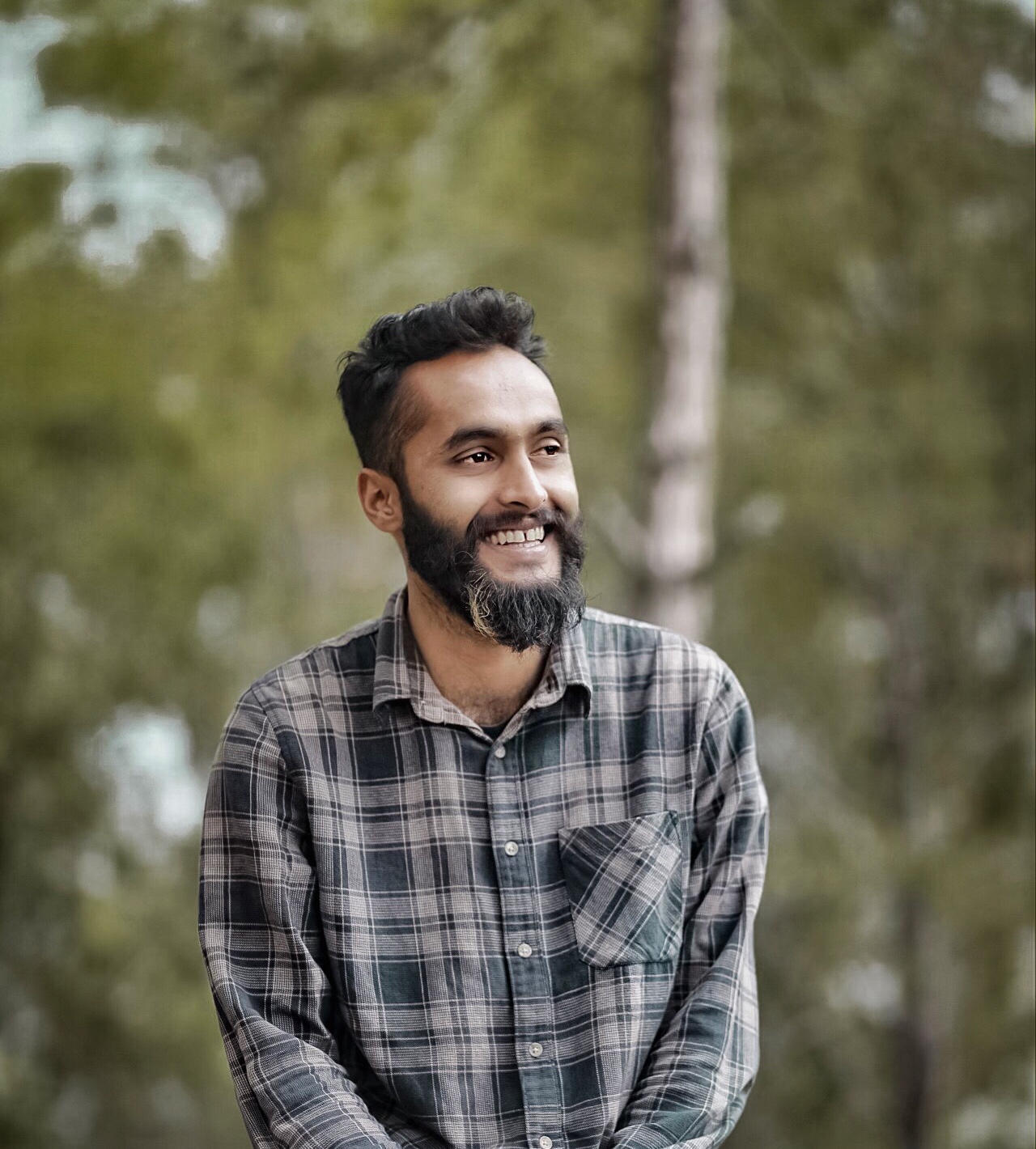
Pradeep Dhakal
Director Pradeep Dhakal is a 22-year-old student of Media Studies at the Kathmandu University School of Arts. He has previously worked on documentary, short fiction, and commercial projects. Pradeep is a recipient of the Toni Hagen Documentary Youth Grant 2019.
